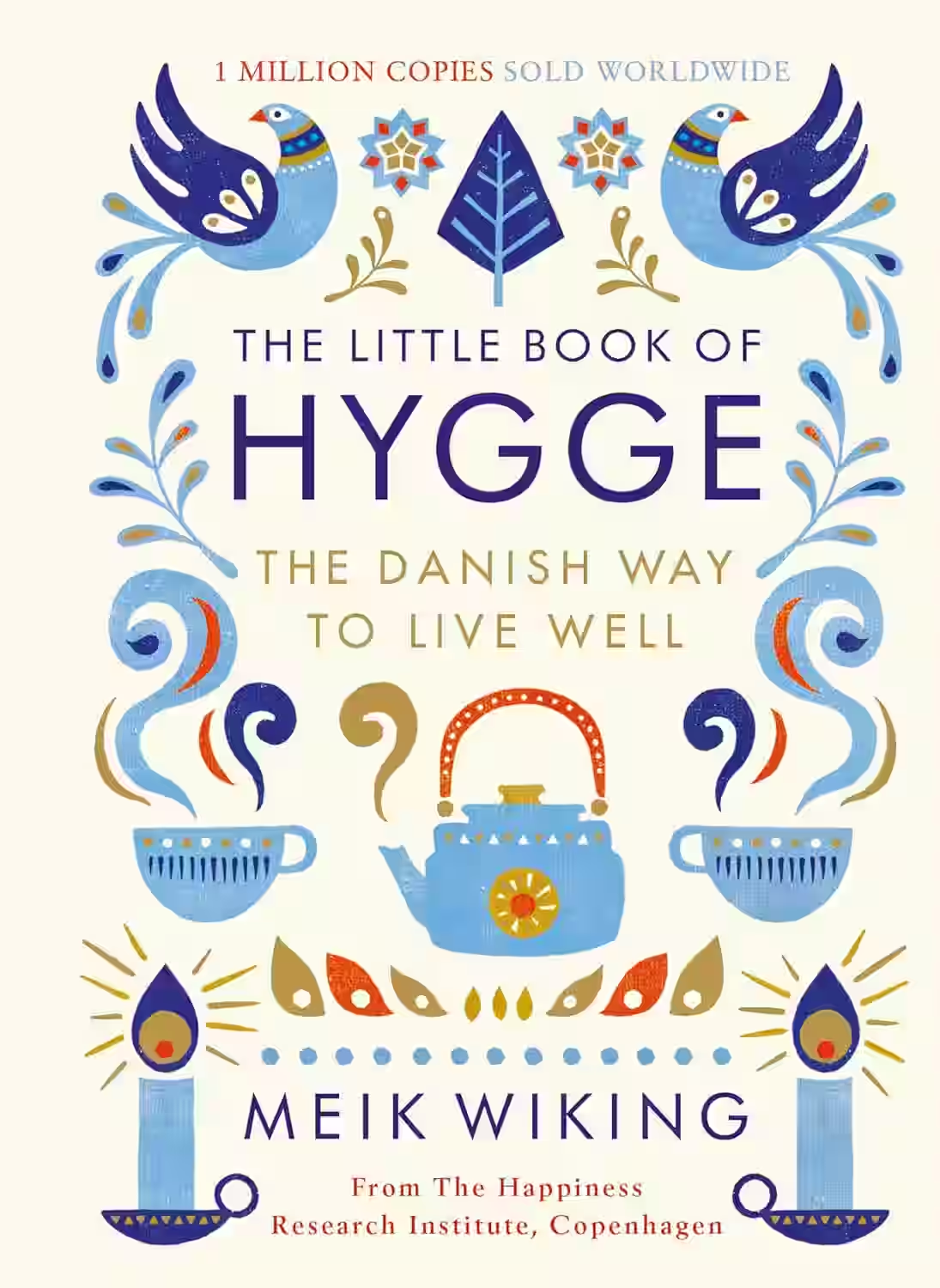
In 'The Little Book of Hygge' by Meik Wiking, readers are taken on a delightful journey into the Danish concept of 'hygge,' which encapsulates coziness, comfort, and well-being. Wiking explores the various elements that contribute to creating a hygge lifestyle, from warm candlelight to intimate gatherings with loved ones. Through charming anecdotes, practical tips, and insightful research, the author illustrates how incorporating hygge into daily life can lead to increased happiness and contentment. This book serves as a gentle reminder to appreciate life's simple pleasures and prioritize moments of relaxation and connection. 'The Little Book of Hygge' is a heartwarming and inspiring read that invites readers to embrace a more mindful and fulfilling existence.
About Meik Wiking
Meik Wiking is a Danish author and founder of the Happiness Research Institute in Copenhagen. Known for his expertise in the field of happiness and well-being, Wiking has gained international recognition for his research and writing on the art of living a happier life. His best-selling books, including 'The Little Book of Hygge' and 'The Little Book of Lykke', have been translated into numerous languages and have inspired readers worldwide to embrace the Danish philosophy of coziness and contentment. Wiking's work has had a profound impact on literature by emphasizing the importance of mindfulness, connection, and simple pleasures in the pursuit of happiness.
Similar Books
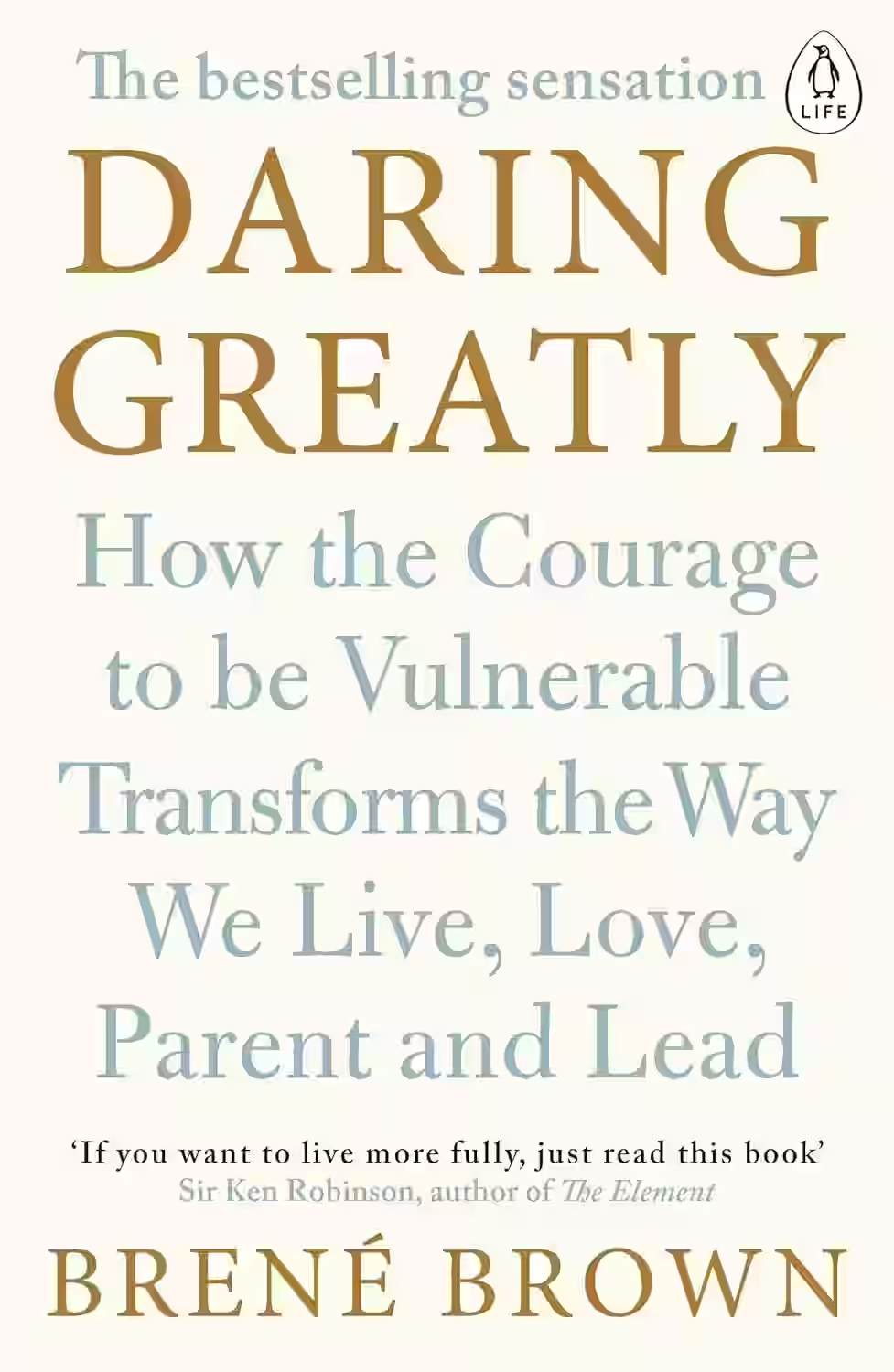
Daring Greatly
by Brene Brown
In Daring Greatly, Brené Brown challenges conventional beliefs about vulnerability, arguing that it is not a weakness but a powerful source of courage, creativity, and connection. Drawing from years of research, she explores how the fear of shame and failure holds us back in relationships, parenting, work, and leadership. Brown encourages readers to embrace vulnerability as the path to a more authentic and wholehearted life. The book is a compelling call to show up fully and engage with the world, even when it feels uncomfortable. It’s a guide to building resilience, trust, and true belonging through emotional honesty.
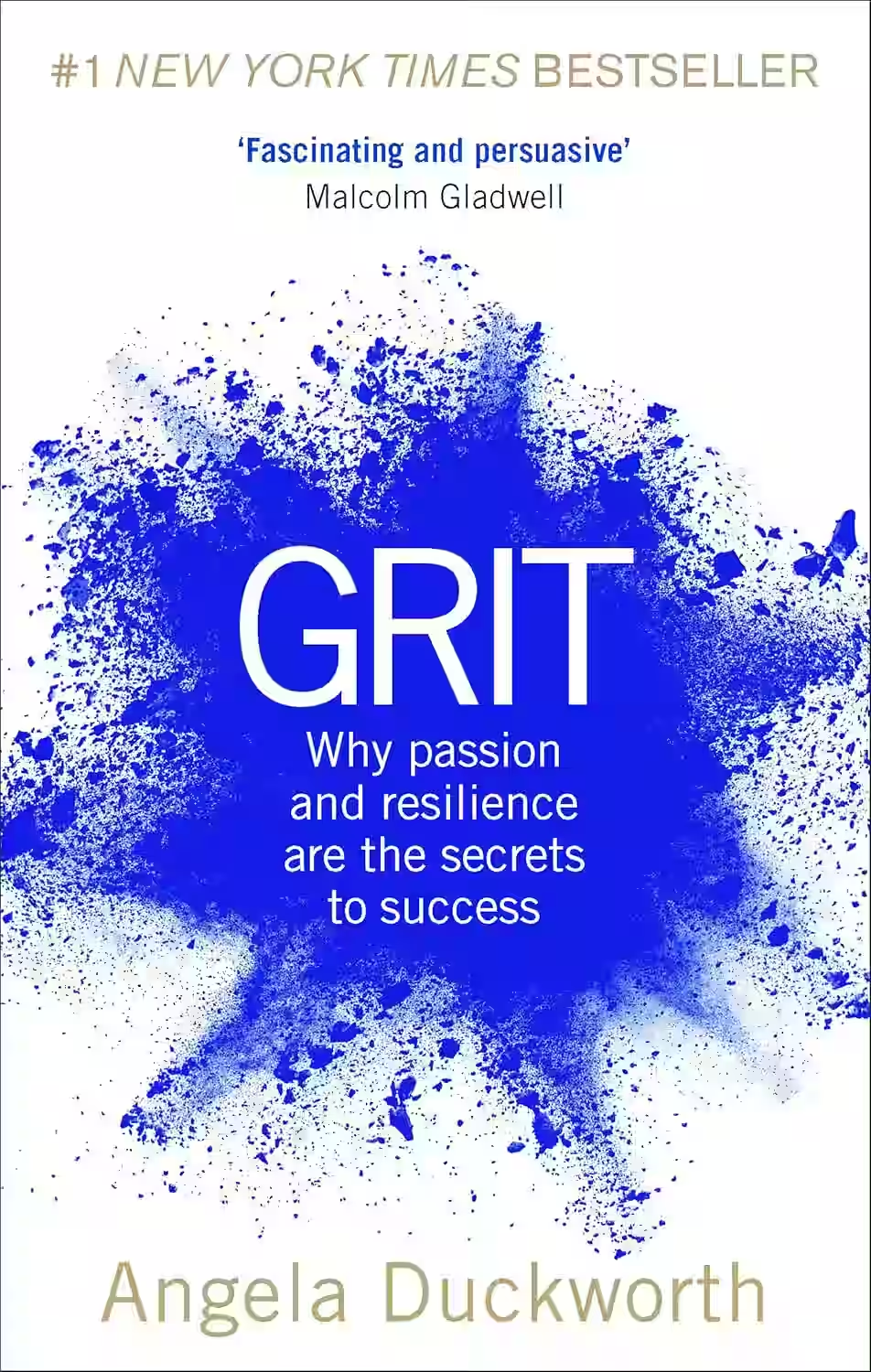
Grit
In Grit, psychologist Angela Duckworth explores why talent alone doesn’t predict success—grit does. Based on her research, Duckworth argues that sustained passion and persistent effort matter more than innate ability. She shares stories of high achievers from diverse fields, showing how resilience, long-term focus, and consistent hard work lead to exceptional outcomes. The book combines personal anecdotes, scientific studies, and practical strategies to help readers develop grit in their own lives. Duckworth’s insights challenge the myth of overnight success and inspire readers to pursue their goals with tenacity, regardless of obstacles or setbacks.
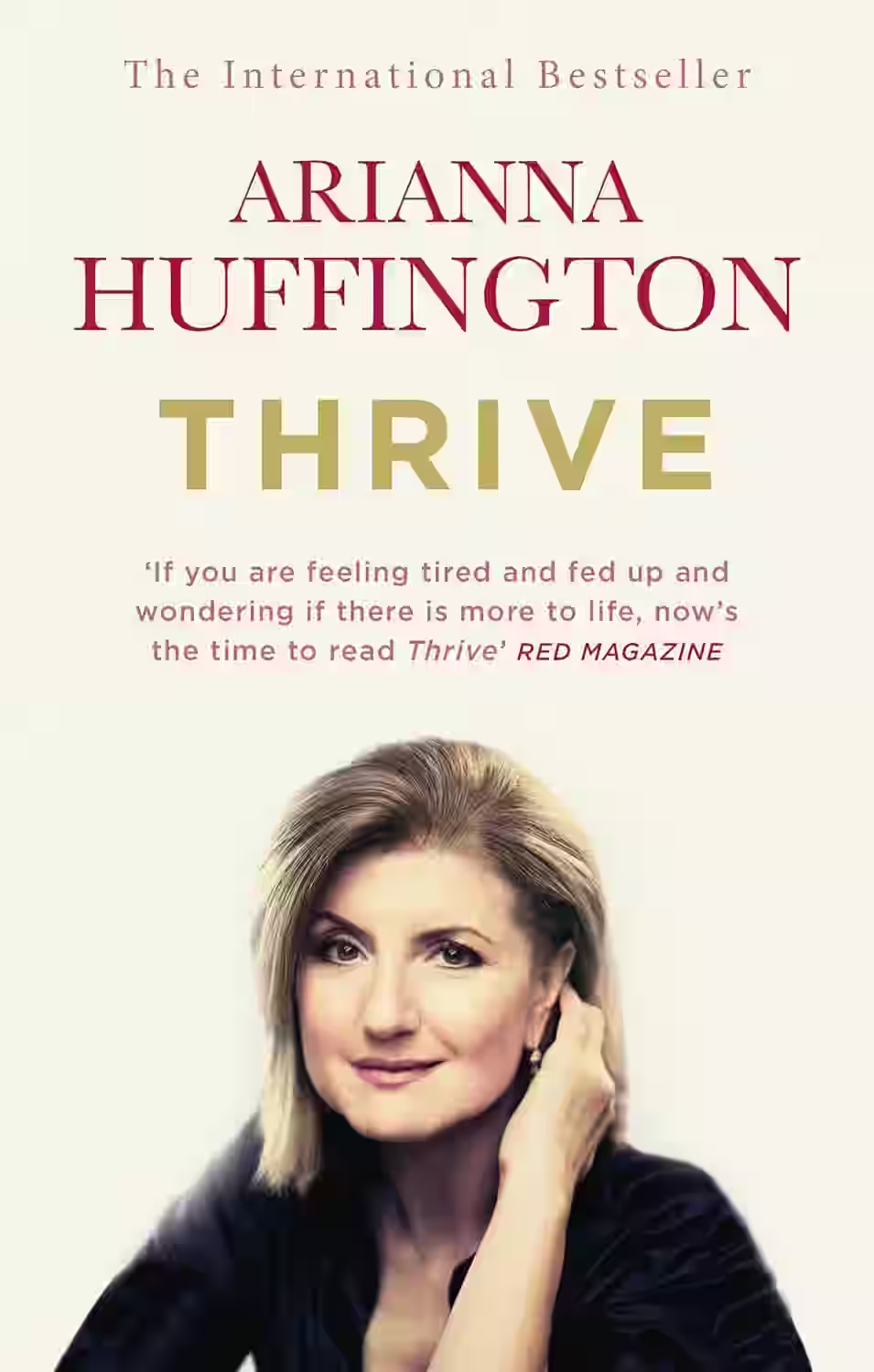
Thrive
In Thrive, Arianna Huffington redefines success beyond wealth and power, proposing a third metric rooted in well-being, wisdom, wonder, and giving. Drawing from research and her own life, she argues that burnout and stress are not badges of honor but symptoms of a misguided culture. The book explores mindfulness, sleep, gratitude, and compassion as essential to living a fulfilling life. Huffington weaves personal anecdotes with scientific insights to promote a more holistic vision of success—one that nurtures both the self and the community. Thrive serves as a call to prioritize what truly matters in a fast-paced world.
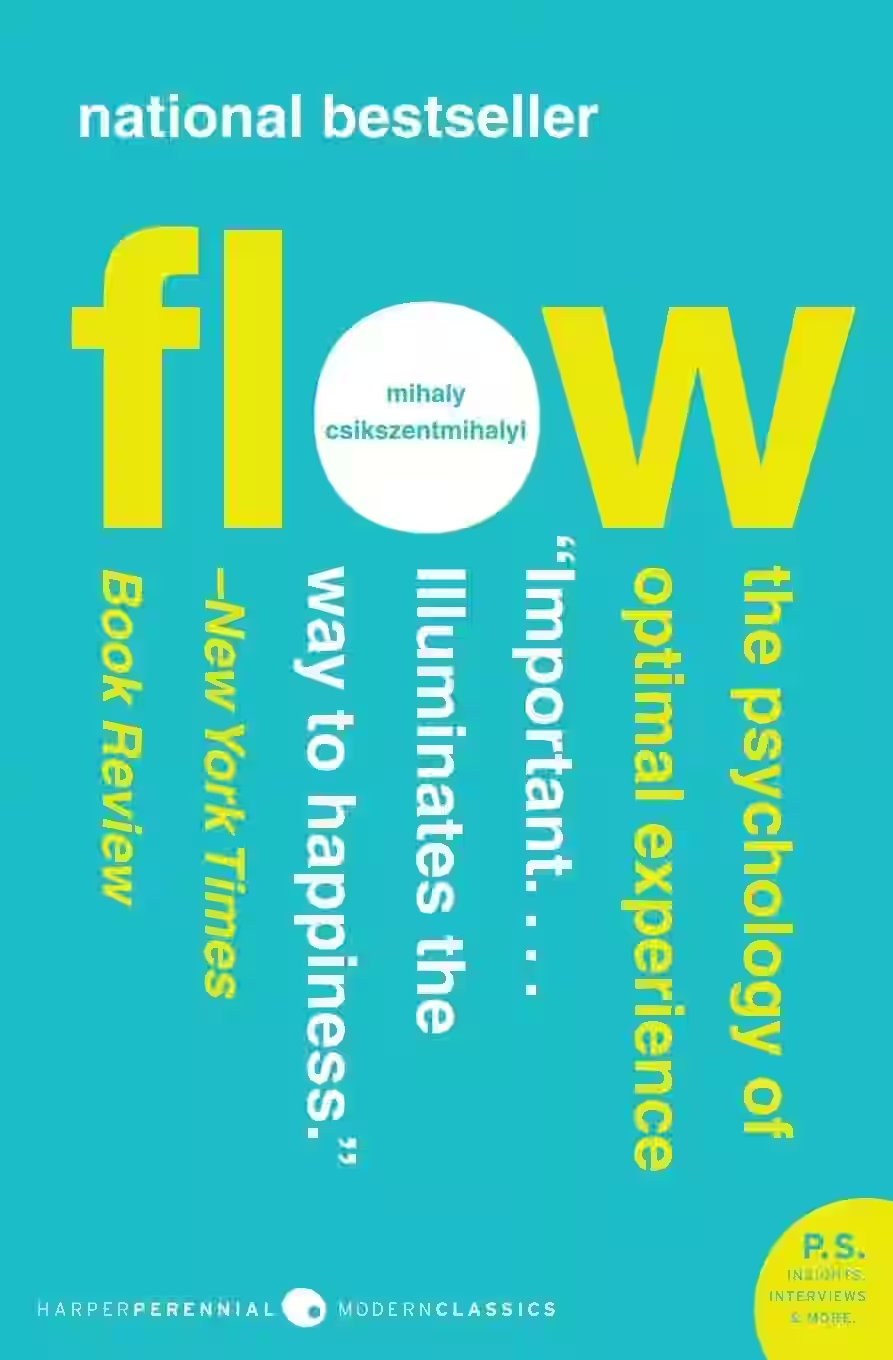
Flow: The Psychology of Optimal Experience
Psychologist Mihaly Csikszentmihalyi explores the concept of “flow”—a state of complete immersion and focus during challenging yet enjoyable activities. Based on decades of research, the book explains how flow enhances creativity, productivity, and overall life satisfaction. It outlines conditions for achieving this state, such as clear goals and immediate feedback, and argues that flow is essential to happiness. Accessible yet scholarly, Flow remains a cornerstone in positive psychology and a practical guide for living a fulfilling life.